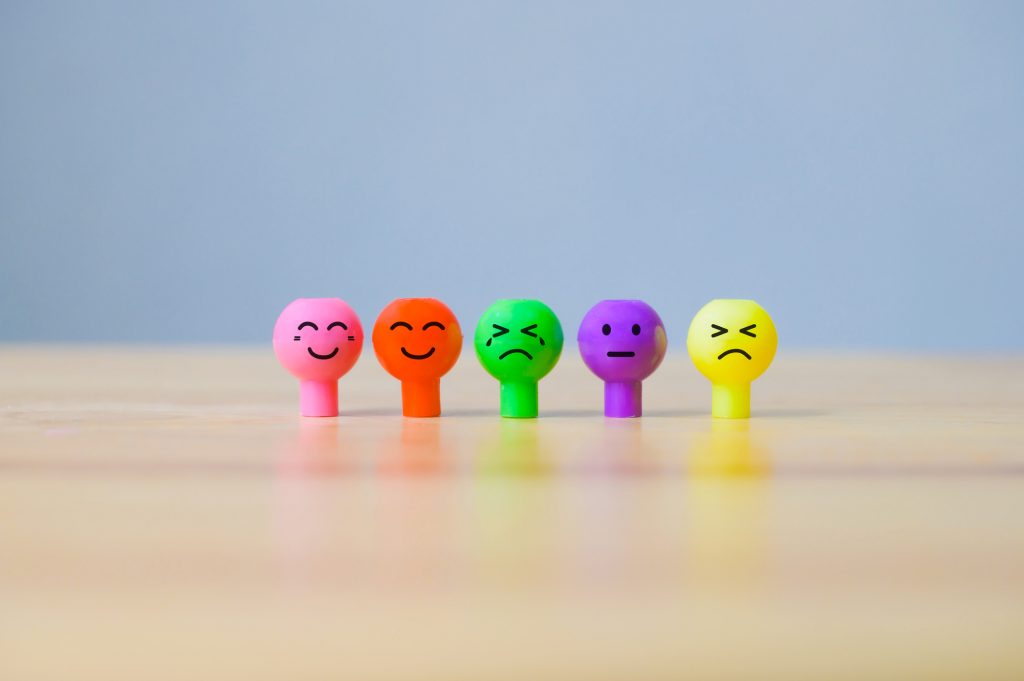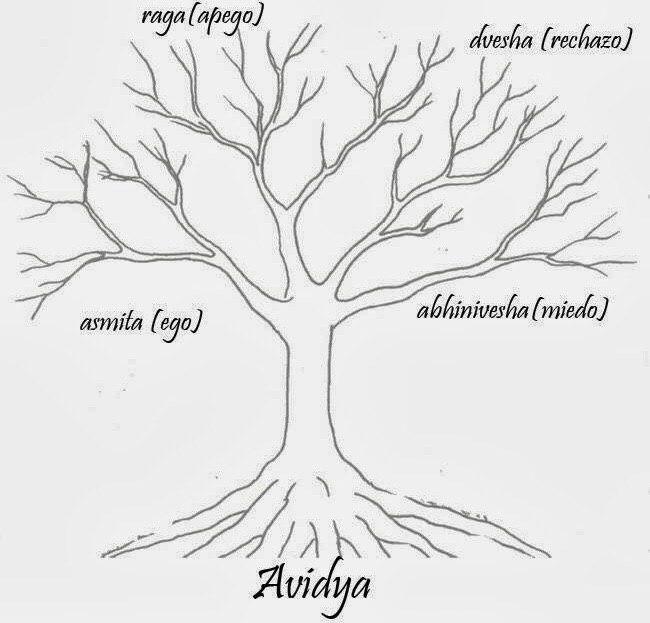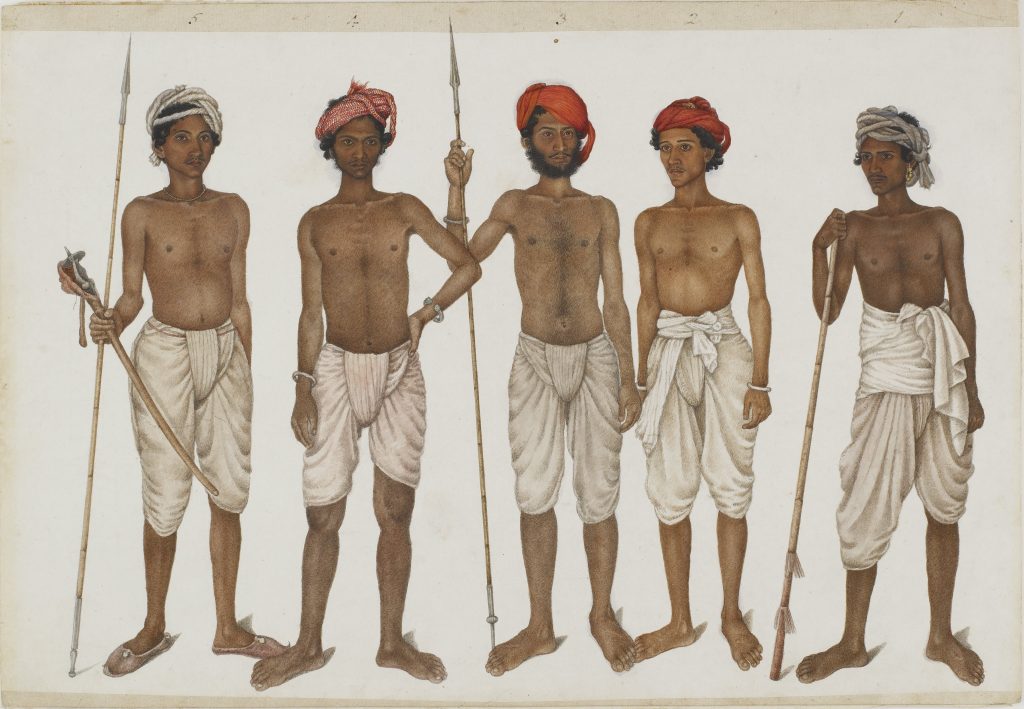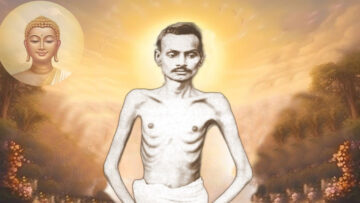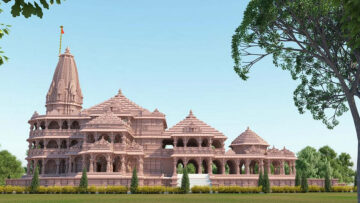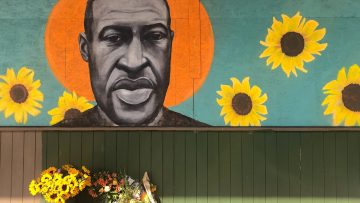In the on-going series of Dukh, Depression, and Journeys of Life in Part VII, we present a dialogue in question and answer format between Gayatri Iyer and Raghu.
Raghu: For the past few weeks I have been having detailed conversations with many people from various walks of life. The common factor that is emerging out of these conversations is the double binds that are being thrust upon us because of the COVID pandemic. To illustrate, at a very simple level- herd immunity is essential to finally make friends with the virus and live with it, just like we live with the flu virus or TB. However, we must impose a lock-down to keep the infection rate low! And this is causing a second issue around economic activity and vibrancy of the Nation and the world. How does one make decisions when so many factors are deeply and clearly intertwined? Double binds like this cause duHkha and daurmanasya (helplessness).
For e.g. A friend of mine works in the food security area and as we know food security in India is highly dependent on chemicals, pesticides, etc. This has been proven through multiple research papers published by the UN, that such practices are only short-term solutions. My friend was invited to an expert panel on this issue and one of the members who is a scientist proclaims that we will start precision farming in India. Precision farming means the use of pesticides and chemicals and the justification is that we need to push up production. The question in my friend’s mind is “how do I respond? On one hand, there is tremendous anger that despite contrary data, they want to push this practice and if I just burst out with my reactivity then the ability to influence the situation would be compromised”. What does he do? This dharma sankata itself creates a kind of depression or deep duHkha that Arjuna talks about.
Another friend works in a corporate setting where the top executives do not want to use the CSR funds to help the migrant labour because that is not one of their priorities right now.
The people in power are showing a disregard for human beings, but will need the same people to run their business and make profits! What does one do when caught in this context? I actually value such a depression because the Covid-19 situation has exposed the failures and gaps in many of our so-called normal ways of functioning. We have taken the idea of GDP as an indicator of progress. But it is the pursuit of GDP that destroys forests, creates overcrowded cities which are the root causes of the outbreak of the virus. The pursuit of GDP is taking us to the edge of climate disaster, COVID has exposed this also by showing how pollution for instance is dropping because of the lock-down. Many contradictions and fundamentally unhealthy ways of living are exposed. One of the questions facing serious seekers is what kind of a world do I want to create in the future? What price am I paying by keeping alive the current way of living and over-using resources?
This kind of depression is good because the symptoms of depression that we mentioned earlier come out of a self-centered concern of ‘what is going to happen to me?’ This depression on the other hand is Arjuna’s dilemma, and that is on a larger and more universal canvas.
Where do I invest my energy? Just to re-create the past that has brought us to this disaster? A new future has to be a transformation of the old.
Gayatri: Can you differentiate between the two kinds of depression?
Raghu: The first kind is a sad reality that individuals face which requires compassion and patience to manage. The second is a much-needed one that comes out of a questioning of what is the right thing to do today? This is a dharmakshetra depression. The first kind will only push you to recreate old patterns, cravings, etc., they are Kurukshetra type of anxiety and fear that Duryodhana faces when the war is about to start. The second one is pushing you to look for dharmic solutions, the kind of questions that trouble Arjuna.
Gayatri: How is transformation better than destruction or starting from scratch?
Raghu: We can’t start from scratch, that’s a fantasy. We have created a world of a certain kind through our actions, this will not just go away. This world is built on overconsumption and exploitation of the ecosystem amongst many others. However, if it is just brought down without a scaffolding, many people who are not responsible for creating this system will suffer. We have to engage with the double bind and find a way to transform.
Gayatri: I see a lot of helplessness and doubt. I really do not know how to go about this process.
Raghu: You have to enter into a space of saying ‘I don’t know’. That’s the reality. We know the mistakes we have made that have brought us to this place. We don’t know the way out. Accept the lack of knowing, stop doing the negative things, manage the anxiety, and then you create space for some new possibilities to emerge that will help you create a new bhUmi.
Gayatri: On what basis were the present structures created?
Raghu: Read Ivan Illich’s book “The Doctor’s Dilemma” (written in the 70’s) where he has argued that the healthcare industry spends very little on preventive care. Critical care, which is keeping people alive in precarious health conditions gets a huge amount of money. The hospitals are more interested to get a return on the investment for a new fancy medical device so they ask the doctors to prescribe those tests. Thus, playing on the fear and anxiety of the patients. Much of the world we have created is based on a huge amount of money invested to stave off the fear of death. The military-industrial complex is a huge industry. Desire, vanity, and greed combine to drive unnecessary consumption. The organizations and the governance mechanisms we have created are not geared for human wellbeing, compassion, or ecological balance. Gandhiji has written a lot about the world we are creating out of our greed.
Gayatri: I can understand the depth of the questions and see my role in the problem, yet I am unable to comprehend what I can do?
Raghu: That’s the dharma sankata and it will create the Arjuna kind of duHkha. I am recommending that all serious people ought to go through this ‘depression’. If I am worried about my job or not satisfied with it can I seriously look for a job that is helping to create a better world?
Gayatri: I may want a job that is helping the world but I have immediate needs, responsibilities which need me to be in a ‘job’/ In short ‘beggars cannot be choosers.’
Raghu: True, someone in power will take advantage, give you a job, and make you do things you do not wish to. Like going back to making cosmetics, the tobacco business, and precision farming. If you say yes to these jobs then the depression is not coming from deeper angst or inquiry that COVID-19 is throwing up.
The COVID context is showing how certain jobs have led us to this crisis.
A friend of mine from college was invited to head a successful hospital, he took the job because he was a good manager and also thought this is a way to do something meaningful in life. In one of the board meetings, the board told him that they have invested a huge amount in certain machines, so he needed to work out ways to recover the costs by incentivizing doctors to prescribe the use of the machines to patients. Isn’t this a dishonorable thing to do? He was very disturbed by this ask. Eventually, he resigned and came to me to sort out his inner disturbance.
Gayatri: There is a lot of helplessness and anxiety around this also.
Raghu: Yes not knowing the answer is a healthy depression.
Gayatri: If I do have the ‘good’ duHkha, then, in Yogic terms, I also have to move to a new bhUmi (a new inner ground) that is free of avidyA in order for a dharmic action to sprout. I think this step of looking at your rAga and dveShaH is very important.
Raghu: Of course yes. All your psychological structures are built on abhiniveShaH. (fear of death). The situation today is a very challenging one, where it is inevitable that a person goes through duHkha. Just look around you, the migrant crisis for example is a stark reality of how we are dealing with humanity. My friend who is working on CSR advisory said the same thing ‘there are people who have the resources and yet are not using it to for the welfare of their labour.’ The health care business sees very little profit in developing preventive health practices. If this world and the thinking that drives this world causes some disturbance in your mind then we can talk further.
Gayatri: When any action arises, it must come from a place of tranquillity and stability right?
Raghu: I am not so sure. There was a video circulating in WhatsApp showing a doctor in America talking about the healthcare system in the country. The way his hospital was managing the Corona crisis opened his eyes to it and he is very angry about the whole thing. He takes a vow to make sure that hospitals are not run like this anymore. Your decisions can come from a place full of anger, sadness, conviction, and resolve. I need not ask him to take deep breaths to make decisions. If I can anchor myself fully on the new truth and conviction I have found, being assertive will come naturally to me. One does not need to know all the answers, the direction has to be somewhat clear. The actions may not be all positive too. But I feel that is ok. We have to start making a difference.
Gayatri: My fear is that nothing will change.
Raghu: The word coming to my mind as I listen to you is vikshepa, a mind caught with conflicting fragments. The COVID crisis is causing fragmentation of myself into 2-3 parts which are in conflict with each other. One part is speaking from a real concern for the world, there is one part that says nothing will change and another part hopes that a solution may come up and yet another is saying how will I survive?
Gayatri: What can I as a gruhastha or individual member of society do?
Raghu: It is seemingly a valid question but if you look at what the Mahabharata or any of our texts say it is that the quality of a dharmic decision a gruhastha makes is what builds our society. If each of us at least starts thinking about the world in which we live rather than only focus on ourselves, maybe we can define the new world through what we consume. That can promote a different kind of world. And please I am not talking about becoming poor and denying yourself the necessities. Gandhi Ji said ‘ there is enough for everyone’s need but not everybody’s greed.’
Ahh, yes…this reminds me of my favorite “red rag”- the Axe effect advertisement where the guy sprays on this deodorant and has an army of women following him. The depression in the man’s mind is cured by applying a cosmetic product. Instead of helping the guy take care of an unhealthy mind and body that has caused the odor, and unattractiveness in the first place, you push a lie. You say to cover up your real self, just spray on a deodorant! What a wasteful process! The duHkha and depression are being exploited by many advertisers of food, cigarettes, alcohol, and a host of products that cause environmental exploitation.
Gayatri: Do you feel that there would be such a shift at all in the larger frame?
Raghu: I am really hoping that it will because COVID is the tip of the iceberg. It is showing up the deep danger in the way we live today. Problems like the current pandemic and climate crisis are global and human problems. But they are being dealt with in narrow ways that are inadequate in wisdom and devoid of heart.
Explore Dukh, Depression, and Journeys of Life- Part I, II, III, IV, V, and VI
Editor’s Note: In these difficult times and uncertainties we are attempting to provide to our reader’s information through experiences on overcoming anxiety. Articles published in this series are essentially broad strokes and in no way a medical subscription. For many of us, worldwide lock-down is going to create financial worries, anxiety about loved ones in distant countries and increase the burden of responsibilities in different ways. Such situations leave us with a feeling of helplessness and hopelessness. Spiritual well being is one straw that many of us will want to reach out and wonder how others overcame their problems. Inner journeys will help us with our outer journeys. Sharing your journey will raise the collective positivity. If you would like to write a piece for this series please do write to us at editor@indictoday.com
Disclaimer: The opinions expressed in this article belong to the author. Indic Today is neither responsible nor liable for the accuracy, completeness, suitability, or validity of any information in the article.


